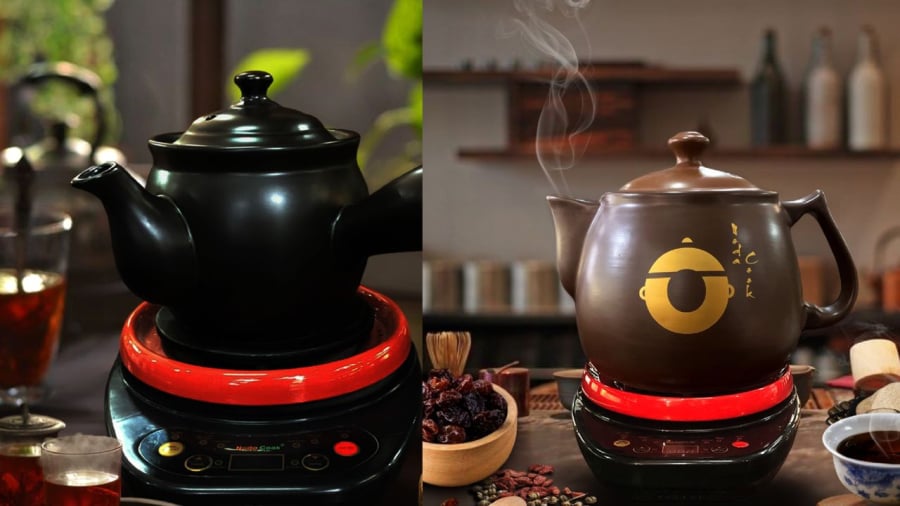Borrowing a herb-brewing pot can bring potential disasters, as believed by our ancestors.
In the old days, our ancestors relied on herbal remedies, boiling them in a pot over a wood fire. Not every household had a designated pot for this purpose.
Traditionally, these pots were made of clay, and even today, with modern advancements, clay pots are still preferred for brewing herbal medicines. However, there was a strong belief against lending these pots to others, not out of stinginess but because it was thought to be a matter of life and death.
These pots were used to brew medicines, a means to save lives, so one might think that lending them out would be a virtuous act. But, our ancestors believed otherwise.
The process of brewing medicines often takes several hours, and although herbal remedies are natural, some plants contain toxic substances. During the long brewing process, these toxins can seep into the clay pot, including its cracks and scratches. In traditional medicine, some herbs, when used correctly, can be beneficial, but when combined with others or used incorrectly, they can become harmful.

Herb-brewing pots and potential drug reactions
Furthermore, in Eastern medicine, certain combinations of herbs can create new, potentially toxic compounds, and some toxic herbs, when used together, can be beneficial. Therefore, great care must be taken when prescribing herbal medicines, taking into account the individual’s health and specific ailment.
Since the pots are made of clay and are used for extended brewing periods, some of the compounds from the herbs can be absorbed into the pot’s pores. This absorption can lead to the build-up of toxic residues, especially if the pot is not properly cleaned after each use. If one were to lend this pot to another person, and their herbs reacted negatively to the residual compounds in the pot, it could do more harm than good.
Lending a herb-brewing pot could thus inadvertently cause harm to the borrower or even the lender if they use the pot again after it has been returned. For these reasons, our ancestors strongly advised against lending these pots to maintain safety and avoid any unintended consequences that could bring harm to oneself or others.
In the practice of Eastern medicine, it is generally recommended that each household or individual has their own herb-brewing pot. The art of preparing and using herbal medicines is a complex one, and what may seem like a harmless act of lending could potentially have detrimental effects. Therefore, it is best not to lend herb-brewing pots to avoid any regrets or unintended consequences, such as worsening the borrower’s health or facing suspicions and legal repercussions.
Other Taboos in Lending
Aside from herb-brewing pots, our ancestors also had taboos against lending certain other items, including:
– Knives and scissors: Lending these items was believed to bring bad luck and potentially be used as a weapon.
– Beds and cribs: It was believed that lending these items would leave the lender without a place to sleep or rest.
– Canes and walking sticks: These were considered personal items that should not be shared.
– Fire and wallets: Lending these items was thought to bring bad luck and financial loss.
– Umbrellas and combs: Lending these items was believed to transfer negative energy or bring bad luck.
This information is based on traditional beliefs and practices.






























